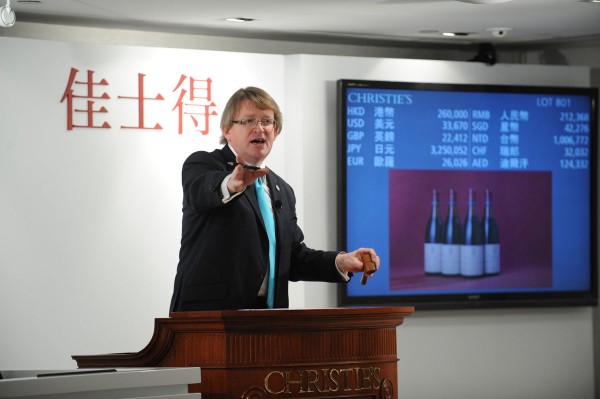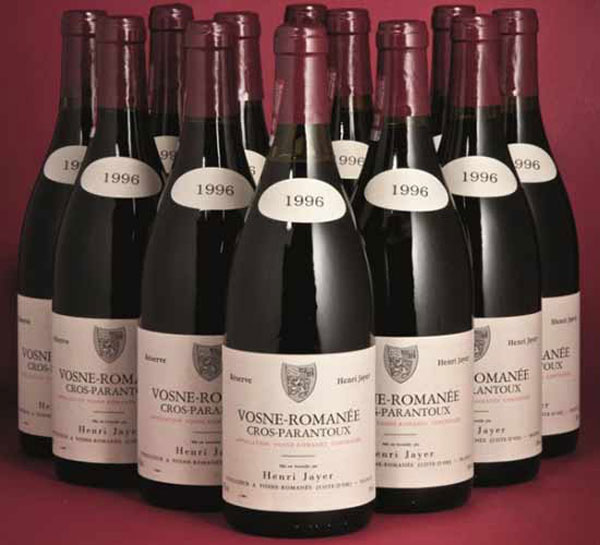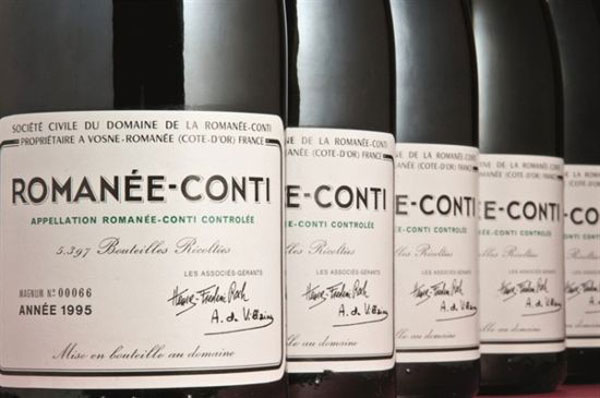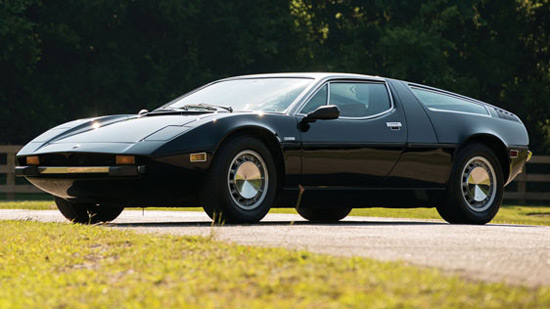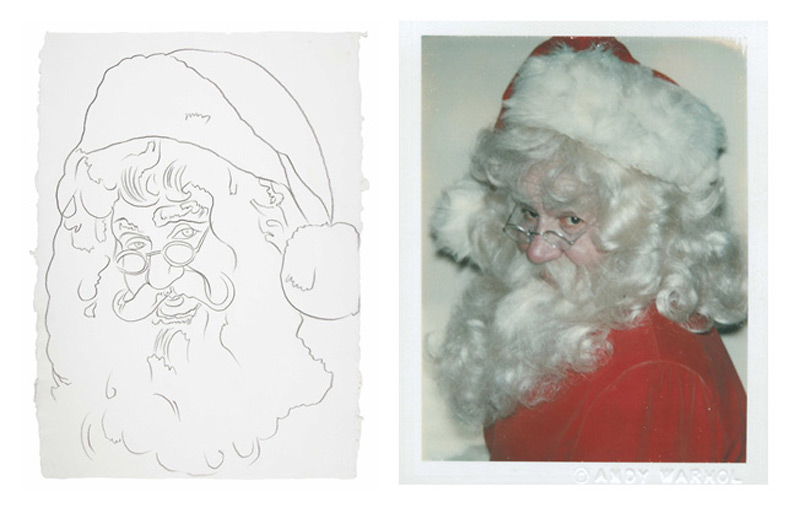After illegal basement scandal during election for Hong Kong’s chief executive, Henry Tang sold his Burgundy wine collection at Christie’s Sale in Hong Kong, raising £4.1 million ($6.2 million) and exceeding its pre-sale estimate of £2.4 million ($3.6 million). “This single-owned collection was comprised of 71 Burgundy producers, many of which were unsung heroes,” Christie’s said of the two-day auction that ended March 16.
Henry Tang’s campaign for chief executive was wrecked last year when it was revealed he had a huge illegal basement under his Kowloon Tong home, featuring among other things – a wine cellar.
The 810 lots that went under the hammer represent just a fraction of Tang’s collection, amassed over 30 years.
“From these wines, I see how his collection changed with him over 30 years of passion for wine,” said Simon Tam, head of wine in China for Christie’s auction house. “Some of these wines were bought in small villages, so tiny you would need to scrutinise a map to find them. The collection represents Tang’s personal taste.”
The collection featured 71 Burgundy producers, with the top performer of the collection being a lot of six magnums of Romanee Conti Domaine de la Romanee Conti 1995, which sold for $154,800, above its pre-sale estimate of $90,300 – $129,000, Christie’s said. Among the other lots generating considerable wine investment interest was a lot of 12 bottles of 1978 Montrachet Domaine de la Romanee-Conti which fetched $110,000 against a pre-sale upper estimate of $77,500.
To be interesting, Tang does not consider himself a “collector”, as he buys wine for personal enjoyment rather than as an investment, drawing on comments the politician made in a promotional video produced by Christie’s.
In the bidding catalogue, Tang wrote: “I am never deterred, and zealously try to get my hands on as many bottles as possible, sometimes to the point of threatening my supplier with an unmentionable deed. I assembled a collection that many would die for, but alas, I am mortal. I realised I have far too much wine, and would be unable to consume it even across multiple life times.”

